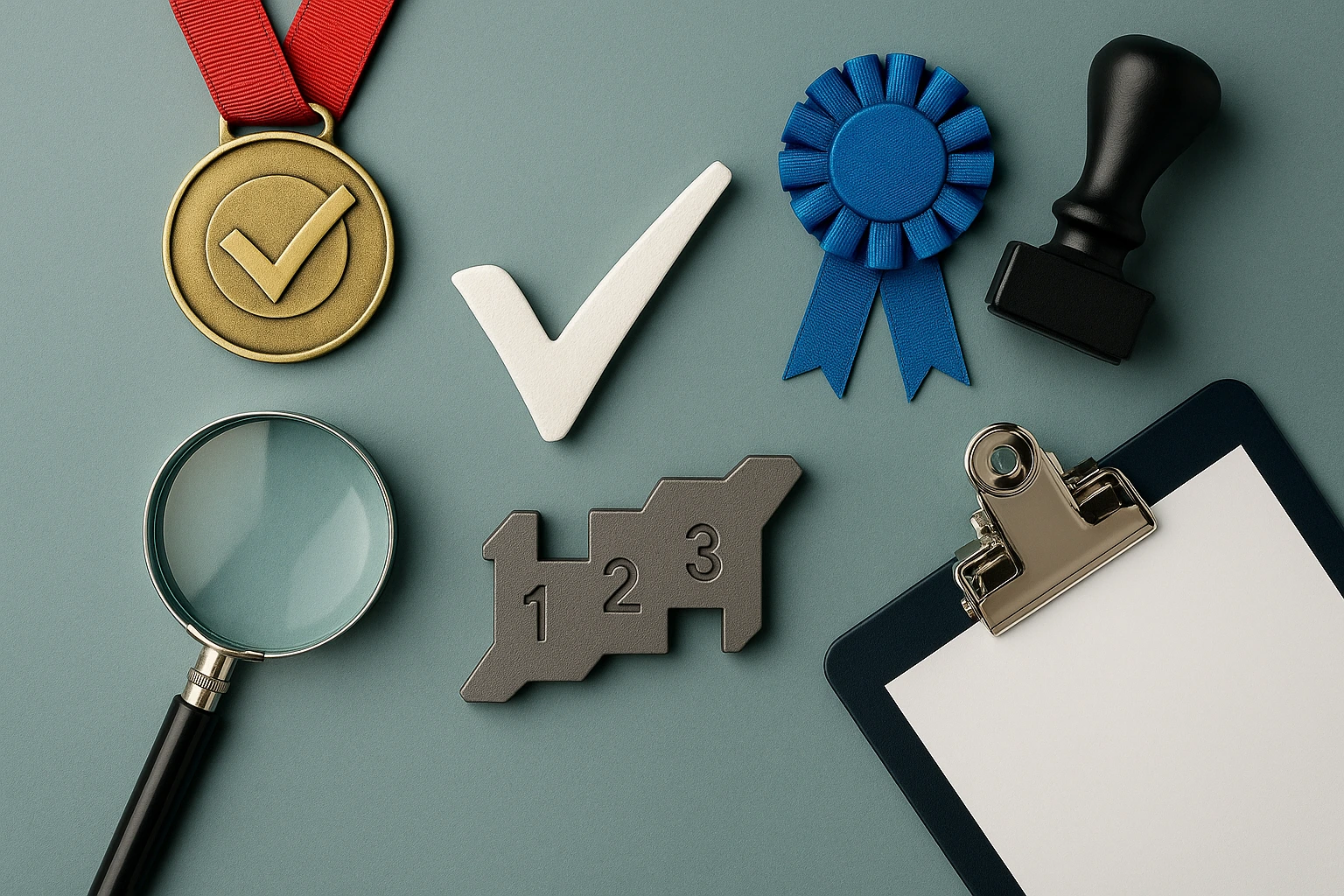ISO/IEC 17025 Laboratory Competence Certification
The ISO/IEC 17025 is a globally recognized standard that specifies the technical requirements for the competence of bodies operating testing and calibration laboratories. This certification ensures that these laboratories meet stringent criteria for quality assurance, proficiency in test methods, and consistent reliability across all operations.
ISO/IEC 17025 accreditation demonstrates that a laboratory is capable of producing accurate and reliable results according to internationally recognized standards. Compliance with this standard is essential for businesses that rely on accurate data from third-party laboratories—such as pharmaceutical companies, manufacturers, research institutions, and government agencies.
To achieve ISO/IEC 17025 accreditation, a laboratory must establish detailed quality management systems covering all aspects of its operations, including:
- Personnel qualifications
- Equipment calibration
- Sample handling procedures
- Data validation protocols
- Non-conformity resolution processes
The certification process involves a comprehensive audit by an accredited body. This audit evaluates the laboratory's policies, procedures, and performance against internationally recognized standards. Compliance ensures that laboratories can maintain consistent quality across all tests and calibrations, thereby enhancing confidence in their results.
ISO/IEC 17025 certification is widely accepted in various sectors, including pharmaceuticals, electronics, environmental monitoring, food safety, and more. By obtaining this certification, a laboratory not only meets regulatory requirements but also enhances its reputation for reliability and accuracy.
Industry Applications
The application of ISO/IEC 17025 standards is broad and spans numerous industries where precise testing and calibration are critical. Here are some key sectors:
- Pharmaceuticals: Ensuring the accuracy of drug formulations, stability studies, and bioavailability assessments.
- Electronics: Testing components for compliance with industry standards like RoHS or CE marking requirements.
- Environmental Monitoring: Providing accurate data on emissions, water quality, and air pollutants.
- Food Safety: Conducting tests to ensure product safety and adherence to regulatory limits.
- Research Institutions: Supporting reproducible research outcomes through rigorous calibration and testing protocols.
In each of these sectors, ISO/IEC 17025 ensures that laboratories provide consistent, reliable results. This consistency is crucial for industries where even small variations in test results can have significant implications for product safety, regulatory compliance, or research outcomes.
Customer Impact and Satisfaction
The impact of ISO/IEC 17025 on customers extends beyond the laboratory itself. For businesses that rely on third-party laboratories for critical testing and calibration services, this certification provides several key benefits:
- Increased Confidence in Test Results: Customers can trust that the results they receive are accurate and reliable.
- Improved Regulatory Compliance: By ensuring compliance with international standards, ISO/IEC 17025 helps clients meet regulatory requirements more effectively.
- Enhanced Reputation: Laboratories that hold this certification often gain a reputation for excellence in quality and reliability.
- Better Decision-Making: Accurate test results enable businesses to make informed decisions, leading to improved product development and operational efficiency.
In summary, ISO/IEC 17025 accreditation enhances customer satisfaction by providing laboratories with a framework for continuous improvement in their testing and calibration processes. This ultimately leads to higher-quality products and services across industries.
International Acceptance and Recognition
The international acceptance of ISO/IEC 17025 is extensive, covering multiple countries and regulatory bodies:
- Australia: Recognized by Standards Australia (AS).
- Canada: Accepted by the Canadian Accreditation Service.
- European Union: Accepted by the European Co-operation for Accreditation (EA).
- New Zealand: Recognized by New Zealand Accreditation System (NZAS).
- Singapore: Accepted by the Singapore Accreditation Council (SAC).
- United Kingdom: Recognized by UK Accreditation Service (UKAS).
- United States: Accepted by the American National Standards Institute (ANSI).
With such widespread international recognition, ISO/IEC 17025 accreditation is a valuable asset for laboratories operating globally or serving multinational clients. It ensures that tests and calibrations are consistent across borders, enhancing trust and credibility in the global marketplace.





